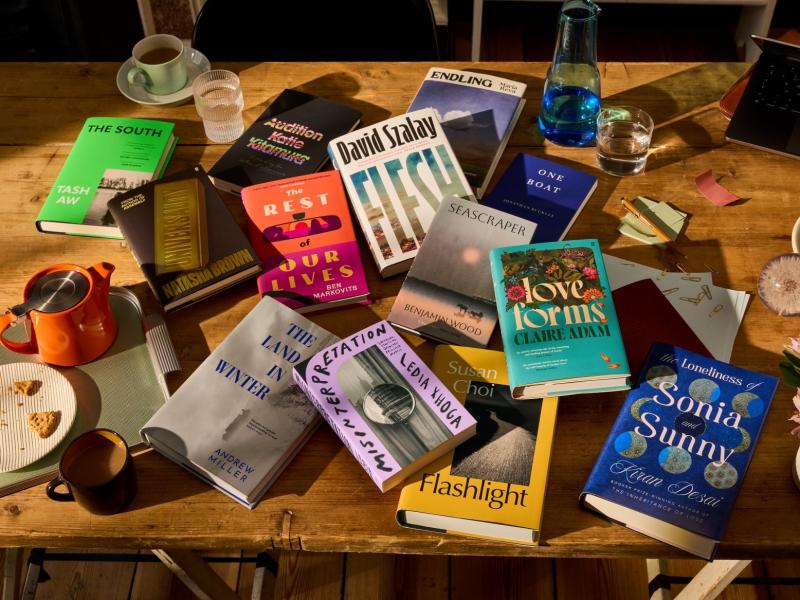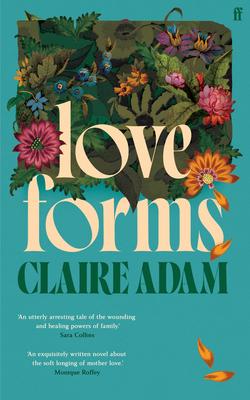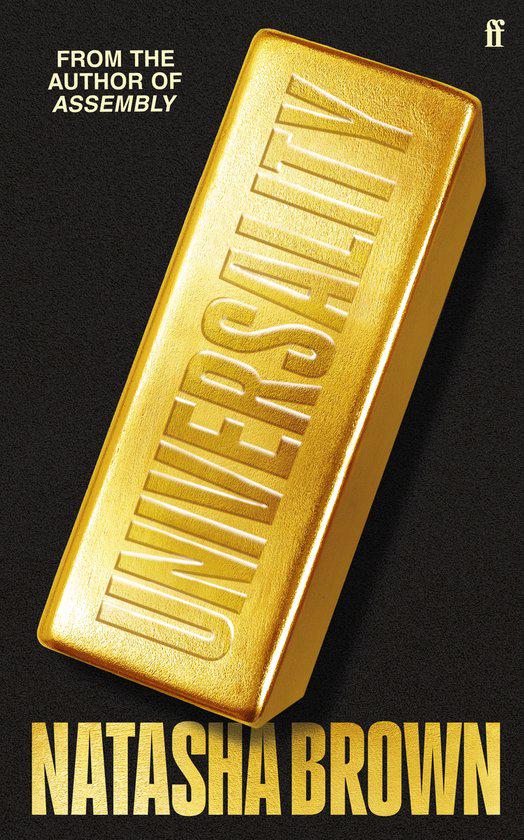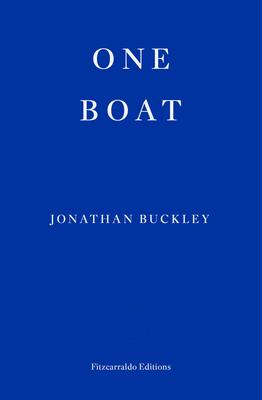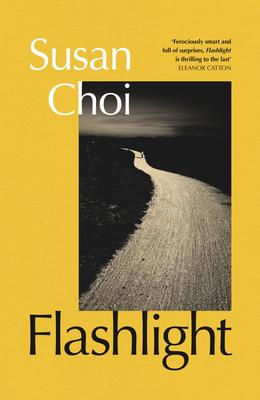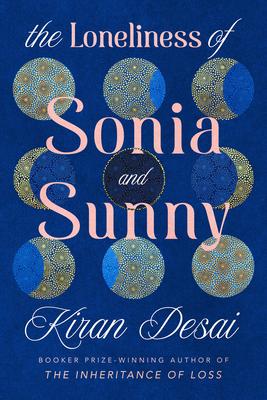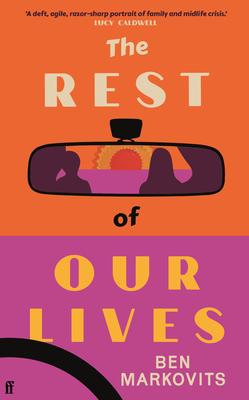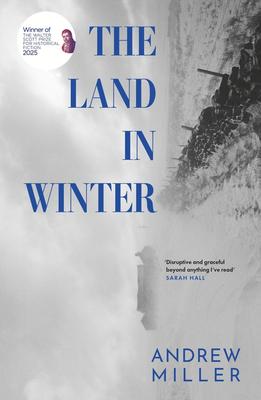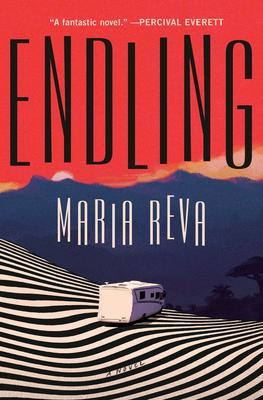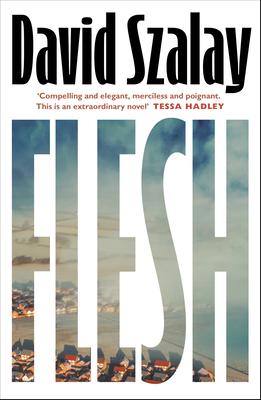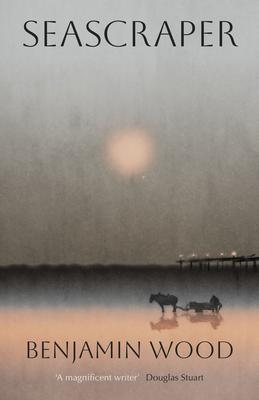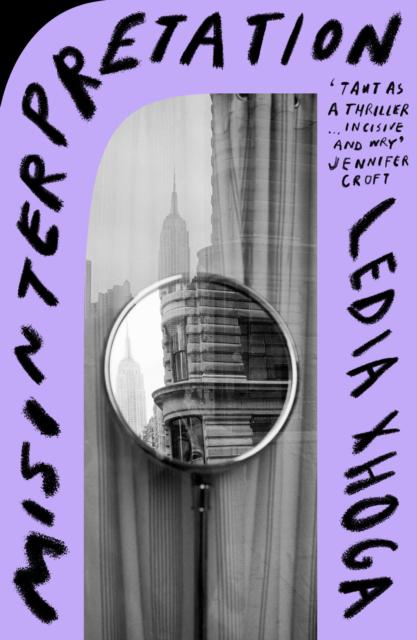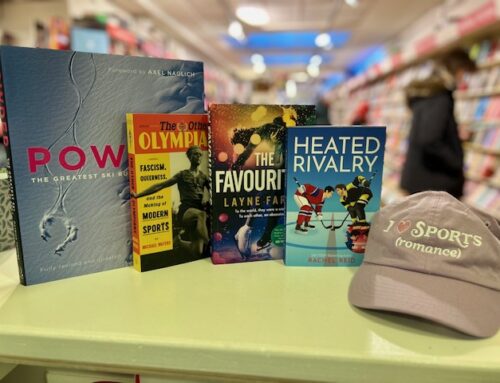by Sophie
It’s only 29 July, but autumn is surely around the corner because the Booker Prize just announced its longlist!
The Booker Prize is one of the most influential prizes in the annual literary calendar, and we’ve noticed its winner is a favorite book for our customers to choose as a present or for a book club readalong. This year’s judges are Ayọ̀bámi Adébáyọ̀, Chris Power, Roddy Doyle, Sarah Jessica Parker and Kiley Reid. The shortlist announcement will be on 23 September, and the winner on 10 November – in the meantime we hope you enjoy this year’s Booker Dozen.
Trinidad, 1980: Dawn Bishop, aged 16, leaves her home and journeys across the sea to Venezuela. There, she gives birth to a baby girl, and leaves her with nuns to be given up for adoption.
Dawn tries to carry on with her life – a move to England, a marriage, a career, two sons, a divorce – but through it all, she still thinks of the child she had in Venezuela, and of what might have been.
Then, forty years later, a woman from an internet forum gets in touch. She says that she might be Dawn’s long-lost daughter, stirring up a complicated mix of feelings: could this be the person to give form to all the love and care a mother has left to offer?
When his grandfather dies, a boy named Jay travels south with his family to the property he left them, a once flourishing farm that has fallen into disrepair. The trees are diseased, the fields parched from months of drought.
Still, Jay’s father, Jack, sends him out to work the land, or whatever land is left. Over the course of these hot, dense days, Jay finds himself drawn to Chuan, the son of the farm’s manager, different from him in every way except for one.
Out in the fields, and on the streets into town, the charge between the boys intensifies. Inside the house, the other family members confront their own regrets, and begin to drift apart. Like the land around them, they are powerless to resist the global forces that threaten to render their lives obsolete.
At once sweeping and intimate, The South is a story of what happens when private and public lives collide. It is the first in a quartet of novels that form Tash Aw’s masterful portrait of a family navigating a period of great change – a reimagined epic for our times.
Late one night on a Yorkshire farm, in the midst of an illegal rave, a young man is nearly bludgeoned to death with a solid gold bar.
An ambitious young journalist sets out to uncover the truth surrounding the attack, connecting the dots between an amoral banker landlord, an iconoclastic columnist, and a radical anarchist movement that has taken up residence on the farm. She solves the mystery, but her viral expose raises more questions than it answers, namely: Who wrote it? Why? And how much of it is true? Through a voyeuristic lens, and with a simmering power, the book focuses in on words: what we say, how we say it, and what we really mean.
On losing her father, Teresa returns to a small town on the Greek coast – the same place she visited when grieving her mother nine years ago. She immerses herself again in the life of the town, observing the inhabitants going about their business, a quiet backdrop for her reckoning with herself. An episode from her first visit resurfaces vividly – her encounter with John, a man struggling to come to terms with the violent death of his nephew. Soon Teresa encounters some of the people she met last time around: Petros, an eccentric mechanic, whose life story may or may not be part of John’s; the beautiful Niko, a diving instructor; and Xanthe, a waitress in one of the cafés on the leafy town square. They talk about their longings, regrets, the passing of time, their sense of who they are. Artfully constructed, absorbing and insightful, One Boat is a brilliant novel grappling with questions of identity, free will, guilt and responsibility.
One night, Louisa and her father take a walk on the beach. He’s carrying a flashlight. He cannot swim. Later Louisa is found washed up by the tide, barely alive. Her father is gone, presumed drowned. She is ten years old.
In chapters that shift from one member to the next, turning back again and again to that night by the sea, Susan Choi’s Flashlight chases the shockwaves of one family’s catastrophe. Louisa is an only child of parents who have severed themselves from the past. Her father, Serk, an ethnic Korean born and raised in Japan, lost touch with his family when they bought into the promises of postwar Pyongyang and relocated to the DPRK. Her American mother, Anne, is estranged from her family after a reckless sexual adventure in her youth. And then there is Tobias, Anne’s illegitimate son, whose reappearance in their lives will have astonishing consequences.
What really happened to Louisa’s father? Why did he take Louisa and her mother to Japan just before he disappeared? And how can we love, or make sense of our lives, when there’s so much we can’t see?
One woman, the performance of a lifetime. Or two. An exhilarating, destabilizing Möbius strip of a novel that asks whether we ever really know the people we love.
Two people meet for lunch in a Manhattan restaurant. She’s an accomplished actress in rehearsals for an upcoming premiere. He’s attractive, troubling, young—young enough to be her son. Who is he to her, and who is she to him? In this compulsively readable, brilliantly constructed novel, two competing narratives unspool, rewriting our understanding of the roles we play every day – partner, parent, creator, muse – and the truths every performance masks, especially from those who think they know us most intimately.
Taut and hypnotic, Audition is Katie Kitamura at her virtuosic best.
What’s left when your kids grow up and leave home?
When Tom Layward’s wife had an affair he resolved to leave her as soon as his youngest daughter turned eighteen. Twelve years later, while taking her to Pittsburgh to start university, he remembers his pact, and keeps driving West.
An unforgettable road trip novel, The Rest of Our Lives beautifully explores the nuance and complications of a long term marriage.
December 1962, the West Country. Local doctor Eric Parry, mulling secrets, sets out on his rounds, while his pregnant wife sleeps on in the warmth of their cottage. Across the field, funny, troubled Rita Simmons is also asleep, her head full of images of a past life her husband prefers to ignore. He’s been up for hours, tending to the needs of the small dairy farm where he hoped to create a new version of himself, a project that’s already faltering. There is affection – if not always love – in both homes. But when the ordinary cold of an English December gives way to violent blizzards – a true winter, the harshest in living memory – the two couples find their lives beginning to unravel. Where do you hide when you can’t leave home? And where, in a frozen world, can you run to?
Ukraine, 2022. Yeva is a loner and a maverick scientist who lives out of her mobile lab. She scours the country’s forests and valleys, trying and failing to breed rare snails while her relatives urge her to give up, settle down and finally start a family of her own. What they don’t know: Yeva already dates plenty of men—not for love, but to fund her work—entertaining Westerners who come to Ukraine on guided romance tours believing they’ll find docile brides untainted by feminism and modernity.
Nastia and her sister, Solomiya, are also entangled in the booming marriage industry, posing as a hopeful bride and her translator while secretly searching for their missing mother—a flamboyant protestor who vanished after years of fierce activism against the romance tours.
So begins a journey of a lifetime across hundreds of miles: three angry women, a truckful of kidnapped bachelors, and Lefty, a last-of-his-kind snail with one final shot at perpetuating his species.
But their plans come to a screeching halt as Russia invades. In a stunningly ambitious and achingly raw metafictional spiral, Endling brilliantly balances horror and comedy, drawing on Reva’s own experiences as a Ukrainian expat tracking her family’s delicate dance of survival behind enemy lines. As fiction and reality collide on the page, Reva probes the hard truths of war: What stories must we tell ourselves to survive? To carry on with the routines of life under military occupation? And for those of us watching from overseas: can our sense of normalcy and security ever be restored, or have they always been a fragile illusion?
Endling is a tour de force from an author on the cutting edge of fiction, weaving a story of love, loss, humor, and devastation that only she can tell.
Teenaged Istvan lives with his mother in a quiet apartment complex in Hungary. Shy and new in town, he is a stranger to the social rituals practiced by his classmates and soon becomes isolated, with his neighbor—a married woman close to his mother’s age, whom he begrudgingly helps with errands—as his only companion. But as these periodical encounters shift into a clandestine relationship that Istvan himself can barely understand, his life soon spirals out of control, ending in a violent accident that leaves a man dead.
What follows is a rocky trajectory that sees Istvan emigrate from Hungary to London, where he moves from job to job before finding steady work as a driver for London’s billionaire class. At each juncture, his life is affected by the goodwill or self-interest of strangers. Through it all, Istvan is a calm, detached observer of his own life, and through his eyes we experience a tragic twist on an immigrant “success story,” brightened by moments of sensitivity, softness, and Szalay’s keen observation.
Fast-paced and immersive, Flesh reveals Istvan’s life through intimate moments, with lovers, employers, and family members, charted over the course of decades. As the story unfolds, the tension between what is seen and unseen, what can and cannot be said, hurtles forward until finally—with everything at stake—sudden tragedy again throws life as Istvan knows it in jeopardy. Spare and penetrating, Flesh traces the imperceptible but indelible contours of unresolved trauma and its aftermath amid the precarity and violence of an ever-globalizing Europe with incisive insight, unyielding pathos, and startling humanity.
Thomas lives a slow, deliberate life with his mother in Longferry, working his grandpa’s trade as a shanker. He rises early to take his horse and cart to the grey, gloomy beach to scrape for shrimp; spending the rest of the day selling his wares, trying to wash away the salt and scum, pining for Joan Wyeth down the street and rehearsing songs on his guitar. At heart, he is a folk musician, but it remains a private dream.
When a striking visitor turns up, bringing the promise of Hollywood glamour, Thomas is shaken from the drudgery of his days and begins to see a different future. But how much of what the American claims is true, and how far can his inspiration carry Thomas?
Haunting and timeless, this is the story of a young man hemmed in by his circumstances, striving to achieve fulfilment far beyond the world he knows.
In present-day New York City, an Albanian interpreter reluctantly agrees to work with Alfred, a Kosovar torture survivor, during his therapy sessions. Despite her husband’s cautions, she soon becomes entangled in her clients’ struggles: Alfred’s nightmares stir up her own buried memories, and an impulsive attempt to help a Kurdish poet leads to a risky encounter and a reckless plan.
As ill-fated decisions stack up, jeopardising the nameless narrator’s marriage and mental health, she takes a spontaneous trip to reunite with her mother in Albania, where her life in the United States is put into stark relief. When she returns to face the consequences of her actions, she must question what is real and what is not.

